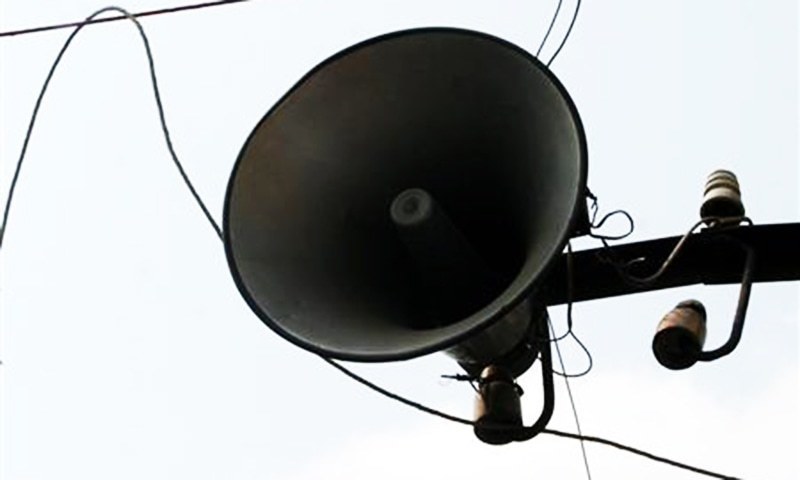AT least some purveyors of hate are discovering that there are consequences. On Tuesday, an anti-terrorism court sentenced a prayer leader from Kasur to five years’ imprisonment for delivering a hate speech at a public gathering.
The case against Qari Abubakar had been filed under the Anti-Terrorism Act on a complaint by a sub-inspector.
The prosecution produced a video recording of the incident to reinforce its argument that the prayer leader was attempting to inflame sectarian sentiments with his words.
Know more: Prayer leader jailed for five years over hate speech
Reportedly, 21 people have been convicted this year in Punjab for delivering hate speeches, with some of them jailed for eight years. More than 4,000 individuals have been arrested for this particular crime in the last few months, according to Interior Minister Nisar Ali Khan in a recent briefing to the Senate.
While the arrest of such large numbers of people in the absence of details as to how many of them have actually been charged or had legal proceedings initiated against them, means little in concrete terms, we now have evidence that some substantive action is being taken.
Even though this is but a drop in the vast swamp of religious intolerance that has to be drained, it is to be welcomed.
For far too long, odious, divisive narratives from the pulpit have been allowed to circulate freely; this has directly contributed to religious intolerance in our society and even, in some cases, to crimes committed in the name of faith.
However, closing the prison gates on individuals who spew such rhetoric is only the beginning: unless properly monitored they can continue to exert a malign influence on those behind bars with them.
It is also pertinent to ask at this point whether similar action would be taken against some of the bigger names in the business of peddling hate, or will only the comparatively small fry be silenced?
Taking the long view, there is another, even more insidious aspect of creating fissures within society along faith lines that continues virtually unabated. That, as pointed out in a conference on Tuesday by the National Commission for Justice and Peace, is the strain of religious triumphalism that runs through our school textbooks that casts aspersions on followers of minority faiths.
Speakers rightly commented that such propaganda has had a profound and intergenerational impact. There is no time better than now to tackle this issue that lies at the root of religious intolerance.
Published in Dawn, May 21st, 2015
On a mobile phone? Get the Dawn Mobile App: Apple Store | Google Play











































